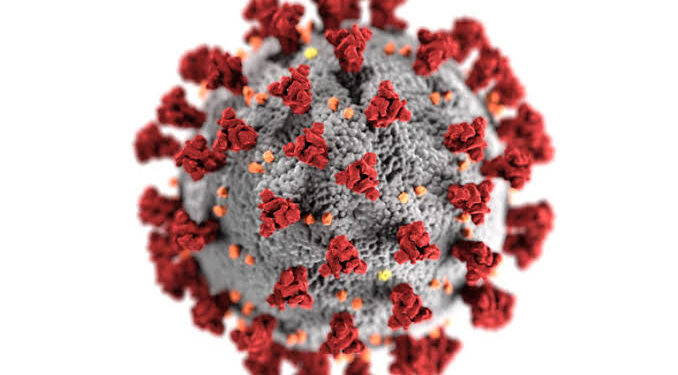In an effort to warn nations with less developed health systems about the possibility of a crisis, the World Health Organization (WHO) has deemed the latest coronavirus outbreak in China a global health emergency.
The news was announced at a Geneva press conference by Dr. Tedros Ghebreyesus, WHO Director-General. The Public Health Emergency of International Concern (PHEIC) designation is reserved for the most severe risks to world health. In the fifteen years after it was first introduced, it has been called upon six times.
Following an urgent meeting of the WHO emergency committee, the decision was made. The decision was “almost unanimous,” according to meeting chair Didier Houssin. “This is not a vote of no confidence in China,” Dr. Ghebreyesus explained, indicating that the statement was not a criticism of China’s initiatives. WHO, on the other hand, is confident that China can contain the outbreak.
The goal of the declaration is to stop the virus from infecting nations with inadequate medical facilities. Along with combating the transmission of false information, it also seeks to expedite the development of vaccines and cures.
After starting in Wuhan, China, the coronavirus outbreak has already affected thousands of people and raised serious concerns around the world. By using the PHEIC designation, WHO is mobilizing global collaboration to efficiently handle the crisis.
In addressing health crises, this crucial stage emphasizes the value of international cooperation. While halting the virus’s spread is the primary priority right now, measures are also being taken to make sure that nations everywhere are better equipped to handle outbreaks in the future.






















































